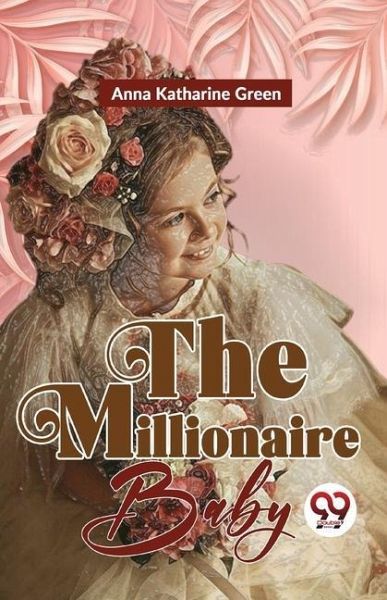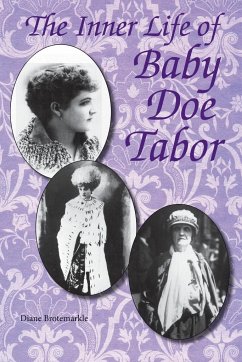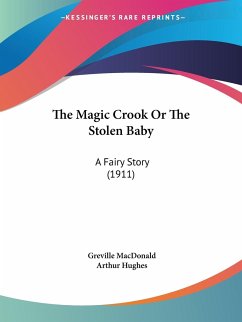
The Millionaire Baby

PAYBACK Punkte
7 °P sammeln!
The venerable old mystery "The Millionaire Baby" by Anna Katharine Green is about the kidnapping of a wealthy man's grandchild. In order to earn the $50,000 reward, the story follows detective Ebenezer Gryce as he investigates the case and tries to find the stolen child. The author, a pioneering female writer in the detective genre, uses many of the components that would later become typical in mystery stories, such as maps, clues, and expert proof. The tale has two female sleuths who would later serve as models for mystery heroines in addition to the well-known investigator Gryce. The book ke...
The venerable old mystery "The Millionaire Baby" by Anna Katharine Green is about the kidnapping of a wealthy man's grandchild. In order to earn the $50,000 reward, the story follows detective Ebenezer Gryce as he investigates the case and tries to find the stolen child. The author, a pioneering female writer in the detective genre, uses many of the components that would later become typical in mystery stories, such as maps, clues, and expert proof. The tale has two female sleuths who would later serve as models for mystery heroines in addition to the well-known investigator Gryce. The book keeps the readers on the edge of their seats. Readers are surprised at every step.














